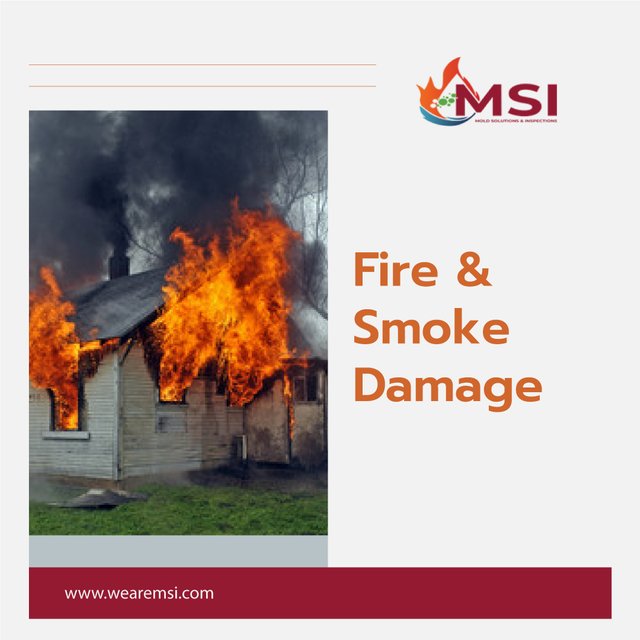5 Ways to Protect Your Family During Fire Emergencies
Fire emergencies can be devastating and life-threatening situations that can occur without warning. Being prepared and knowing how to protect your family during such crises is essential for everyone's safety.
5 crucial ways to safeguard your family during fire emergencies:
1. Create a Fire Escape Plan:
Having a well-thought-out fire escape plan is one of the most important steps in ensuring your family's safety during a fire emergency. Here's how to create one:
● Draw a floor plan of your home: Make a diagram of each level of your home, including all exits, windows, and doors.
● Identify escape routes: Plan at least two exit routes from each room, focusing on the most direct and accessible options.
● Designate a meeting point: Choose a specific meeting point outside your home, such as a neighbor's house, a mailbox, or a tree, where everyone will gather after escaping.
2. Installation and Maintenance of Smoke Alarms:
Smoke alarms serve as the primary means of protection during fire emergencies. Properly functioning smoke alarms can detect smoke and alert you and your family to the danger in time to escape safely. Here's what you should do:
● Install smoke alarms: Place smoke alarms in key areas of your home, including in each bedroom, outside sleeping areas, and on every level of your house. Follow the manufacturer's guidelines for installation.
● Test regularly: Test your smoke alarms at least once a month to ensure they are functioning correctly. Replace batteries annually or as needed, and replace the entire unit every 10 years.
3. Keep Fire Extinguishers on Hand:
Fire extinguishers can serve as valuable tools for controlling small fires before they escalate beyond control. Know how to use it: Familiarize yourself with the operation of your fire extinguisher. The PASS method is a good guideline: Pull the pin, Aim at the base of the fire, Squeeze the handle, and Sweep from side to side.
● Regular maintenance: Check your fire extinguishers annually to ensure they are fully charged and in good working condition. Replace or recharge as needed.
4. Install Fire-Resistant Doors and Windows:
Investing in fire-resistant doors and windows can help slow the spread of fire and protect your family in case of a fire emergency. Here's what to consider:
● Fire-resistant materials: Opt for doors and windows made from fire-resistant materials, such as steel, solid wood, or materials specifically designed to withstand high temperatures.
● Seals and weatherstripping: Ensure that doors and windows have proper seals and weatherstripping to prevent smoke and flames from entering your home.
5. Prepare a 72-hour Emergency Kit:
In the event of a fire emergency that requires evacuation, having a 72-hour emergency kit ready can be a lifesaver. Your kit should include:
● Non-perishable food and water: Pack enough food and water to sustain your family for at least three days.
● First aid supplies: Include a first aid kit with essential supplies like bandages, antiseptic wipes, and any necessary medications.
● Clothing and blankets: Pack warm clothing, blankets, and sturdy shoes for everyone in your family.
● Flashlights and batteries: Include flashlights and extra batteries to provide illumination in the event of power outages.
Fire emergencies can be terrifying, but being prepared and having a plan in place can make all the difference in protecting your family. Visit https://www.wearemsi.com for professional help today!

